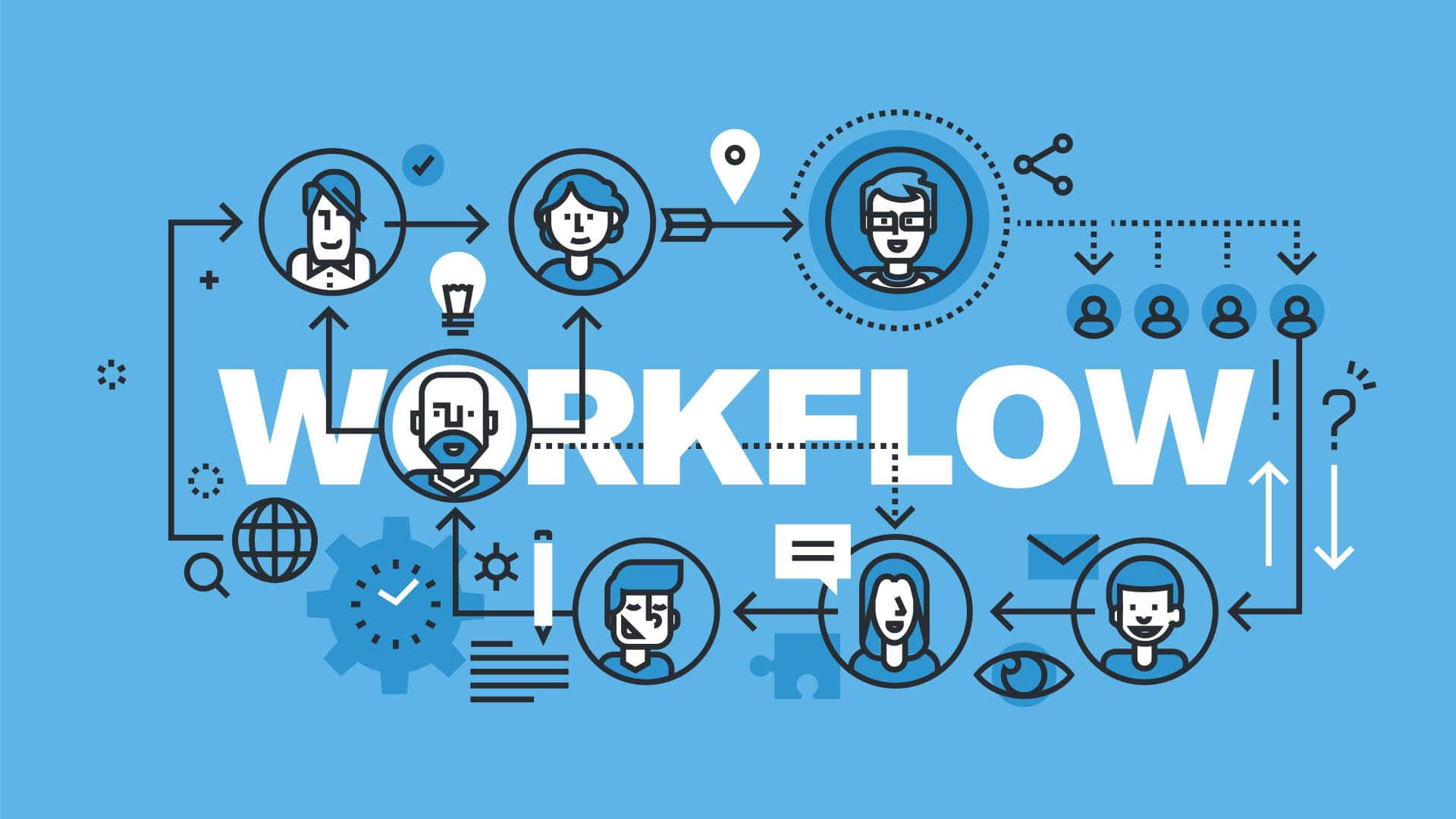For a long time, Artificial Intelligence (AI) technology has loomed over the workplace threatening forever change the way business is done. Any SME business owner will have read dozens of blogs and articles expounding on the power of AI for things like writing copy, the automation of tasks, and customer support.
However, whilst plenty has been said about the potential of AI, it’s still difficult to predict exactly the impact it will have.
This article will explain exactly how SMEs can benefit from implementing AI technology and a few strategies as to how to do so.
What is AI?
Put simply; AI is any computer system or software that attempts to simulate human-like intelligence.
Trickier to define than you might think, the term “Artificial Intelligence” (AI) can be used to describe an array of different technologies. AI systems are used for tasks such as visual perception, speech recognition, decision-making, language translation, and much more.
Unsurprisingly, it has been implemented in many industries, including healthcare, finance, education, marketing, and entertainment. And the more AI develops, the more prominent you can expect it to be in the workplace.
What can AI do for SMEs workflows
The impact of AI on SME workflows will be significant, to say the least. Whilst larger corporations have already begun to make use of these powerful technologies, many smaller organizations are yet to capitalize on this potential.
Here are some specific ways in which AI can impact SME workflows:
1. Streamlining processes: AI can automate routine tasks such as data entry, invoicing, and inventory management, which can reduce the time, effort, and money required for these tasks. This can free up SMEs to focus on more strategic and creative aspects of their business.
Obviously, not all tasks are well-suited to an AI’s capabilities, but tasks that require a great deal of data collection and data processing are easily automated. For instance, payroll processing software can dramatically reduce the administrative burden faced by human resources. This frees them up to focus on employee job satisfaction.
2. Improved decision-making: AI helps SMEs make better decisions by providing data-driven insights and recommendations. AI-powered analytics tools can identify trends in customer behavior which can then inform marketing and product development strategies.
3. Enhanced customer service: SMEs can use AI to provide better customer service. AI-powered chatbots and virtual assistants can provide round-the-clock support, answer customer queries, and resolve complaints quickly.
Moreover, over time the software will learn about customers and begin personalizing responses. In the same way a registration domain can go a huge way to establishing your brand’s personality, personalized customer service can help impress upon your customers who you and your business are.
How can SMEs utilize AI?
SMEs who implement AI can optimize their workflows by automating routine tasks, providing data-driven insights, and improving customer service. Initially, adopting AI will require a significant investment in both software and training. However, the benefits will pay back this investment many times over.
So, how can you actualize this potential? We’ll look at three options—but the possibilities are endless!
Content creation
One AI software you’re sure to have heard about is OpenAI’s Chat GPT. The software is designed to engage in conversational dialogue with users to answer questions and provide information.
A common use for this software is to quickly produce informative, engaging content. This could be for blogs, essays, speeches, employee evaluations, and whatever else. The ability to produce vast swathes of copy and text is an immense advantage to any marketing team in their SEO efforts.
However, whilst AI can write more time-efficiently, it isn’t always entirely accurate, and it will often require editing or livening up by an editor. So, it’s best not to rely on it too heavily.
Research
Another use for this tool is as an alternative form of research. Tools like ChatGPT works by scouring millions of websites and summarizing this information into a short, easy-to-read answer to your question. This means the software can do instantly what would often take humans minutes or even hours.
Simply use ChatGPT as you would use a search engine. Type your question into the search bar, read the response, then you can use the chat format to ask follow-up questions and delve deeper into the subject. Whatever industry, sector, and role you work in, this tool could help streamline and improve your research process. Always make sure to double-check the accuracy of your information—it’s a great tool for research rather than a substitute!
Customer engagement
With chatbots, CRM systems, and predictive analytic platforms, there are a number of ways that the use of AI can improve your customer engagement.
The most immediate benefit to chatbots is that you can provide 24-7 support to your customers. More complex queries will still require a human response, but smaller, more menial questions can be answered around the clock with zero human input.
CRM (Customer Relationship Management) systems collect, store, and analyze vast troves of customer data. Machine learning then allows these tools to provide insights into customer preferences and behavior patterns.
Predictive analytic platforms can then be used to forecast the future needs and demands of your core demographic by measuring collected customer data alongside current and historic marketplace trends.
In short, AI can streamline customer engagement whilst improving customer experience, increasing customer satisfaction, and driving revenue.
Tip: You can use AI to improve your marketing in the same way too.
Is AI the future for SMEs?
AI is definitely an important and rapidly growing field, and it is likely to play an increasingly important role in businesses of all kinds. Moreover, while the future of AI is still uncertain to an extent, it is likely that we will see many more exciting developments in this field in the coming years.
So whether it’s used in chatbots, small business payroll software, or CRM systems, SMEs should make every effort to capitalize on these new wonder tools. Not only will they streamline your workflows and optimize your output, but they will also help you keep up with the competition as more and more organizations come to use them.








